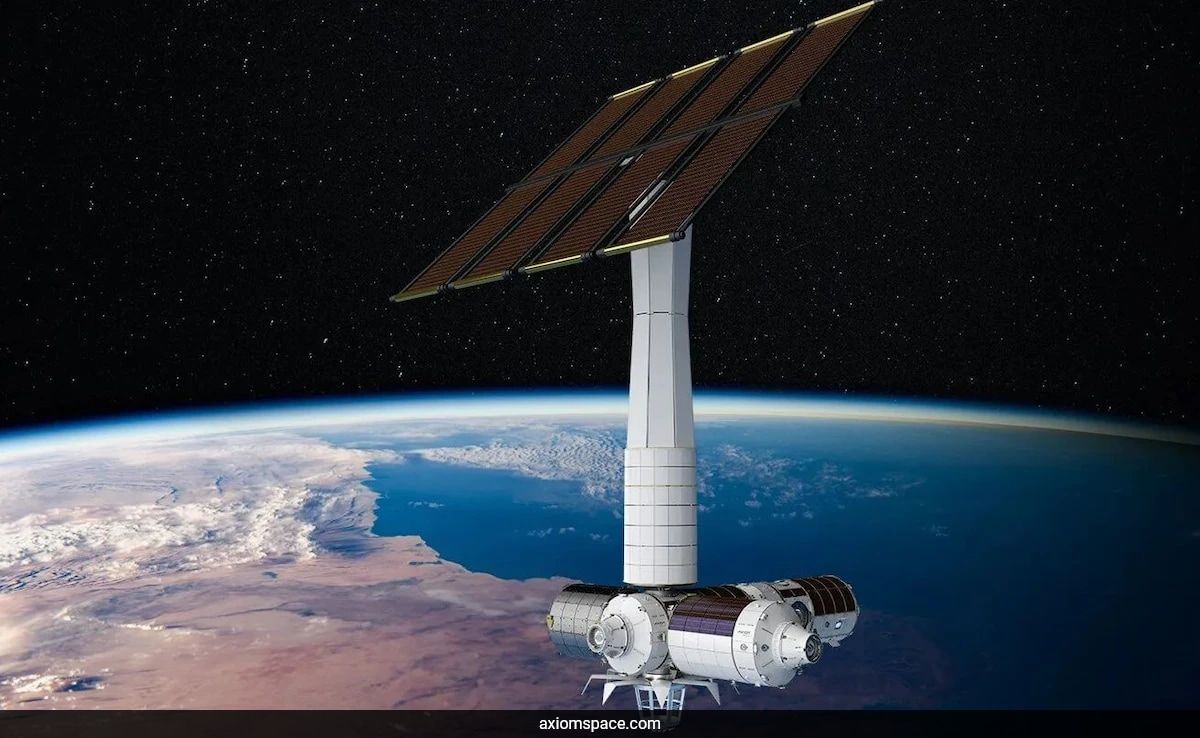Axiom Space Leading Charge to Replace Aging International Space Station

HOUSTON, USA — As the retirement of the International Space Station (ISS) looms by 2031, Houston-based Axiom Space is at the forefront of developing its successor, the Axiom Space Station. The company, which is currently training astronauts for India's 2025 mission to the ISS, aims to have its new commercial space station operational before the ISS is decommissioned.
The ISS, a symbol of international collaboration in space for over two decades, has been a continuous hub for human presence in low Earth orbit since 2000. However, with its age and the evolving needs of space exploration, global partners are now seeking a modern replacement. Axiom Space, in a recent statement, declared itself as the leading provider of human spaceflight services and the developer of human-rated space infrastructure.
Axiom's ambitions are bolstered by ongoing construction efforts. Following successful design reviews with NASA, their partner Thales Alenia Space has commenced welding and machining for the primary structures of the first module of the Axiom Station. Initial flight hardware is being assembled, with plans for the module to be transported to Houston for final assembly and integration, targeting a 2026 launch.
Pearly Pandya, Director of International Government Business at Axiom Space, expressed optimism about the role of Indian technology in future space endeavors. In an exclusive interview with NDTV, the Indian-American executive from Ahmedabad highlighted the potential for Indian rockets to be part of missions related to the new space station. "I would love to see that. For us, it's important that the supply chain is global and diverse," Ms. Pandya remarked, emphasizing the capabilities demonstrated by India's recent space achievements like Chandrayaan-3.
Furthermore, Ms. Pandya touched upon India's own plans for a space station, the Bharatiya Antariksha Station, expected by 2035. She affirmed Axiom Space's readiness to collaborate with India, discussing possibilities like interoperability, module construction, or even "space trade" where different stations could offer unique capabilities.
Axiom Space's proactive approach in developing the next generation of space infrastructure not only aims to replace the aging ISS but also to expand humanity's reach in space, fostering international cooperation and leveraging diverse technological expertise from around the globe.
